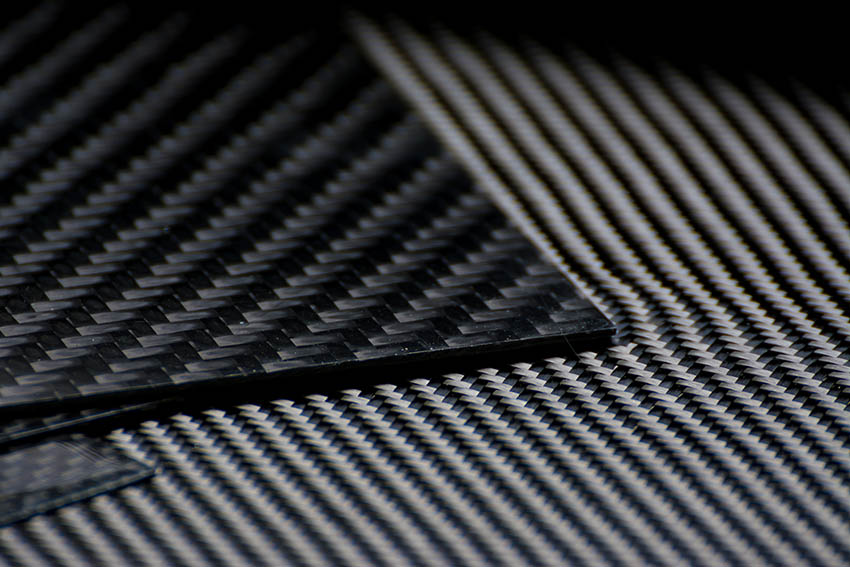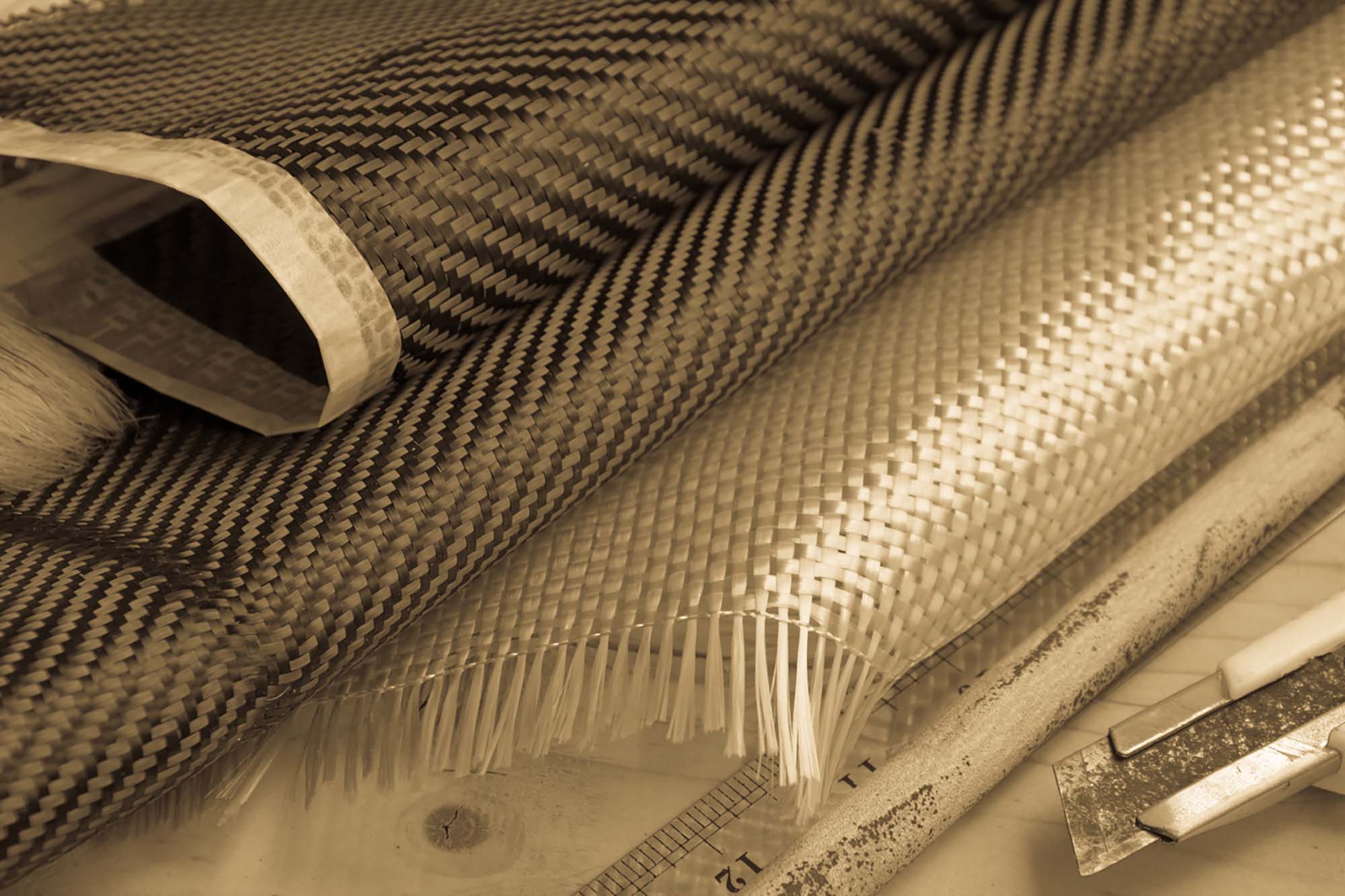Composites UK is the trade association for companies working in the UK’s fiber-reinforced polymer composite supply chain. The association has evolved and grown rapidly over the last several years, now representing more than 370 companies, including manufacturers, material suppliers, equipment suppliers, academics, designers, engineers, consultants, clients and service providers.
Composites UK’s key aims is to support companies in the UK to enable them to grow their businesses and succeed in the competitive global market.
They run a comprehensive series of networking events to bring end users across all industry sectors and the supply chain together. The company offers technical support, refers business opportunities on to their member companies, advises on training and health and safety requirements, provides input to standards development and lobby governments on a variety of issues.
In essence, Composites UK is the voice of the UK composites industry.
Through our role as a Delivery Partner to the Composites Leadership Forum and the work which they do with the High Value Manufacturing Catapult centers, they are able to ensure that the members stay abreast of the latest developments and funding opportunities to enable them to plan for growth.
Easy Engineering: What are the main areas of activity of the organization?
COMPOSITES UK: Supporting our members is our key activity. We do this through working with partners including other trade associations to make sure the UK composites sector is involved in ongoing conversations and advances in specific sectors.
Aside from this, we also work with third parties to offer additional services to giver further benefit to the membership. These services are more business focused, including marketing services, health and safety advice, support with R&D tax credits amongst others. All of the companies are carefully selected and monitored to ensure they are adding value to members.

For all members we support their business development through our introductory service – this is primarily through the Hub capabilities database, passing technical and commercial enquires on to relevant companies, but also through speaker introductions at events and by publishing their news through our marketing channels.
The majority of our member companies are manufacturers and material suppliers, but we also have representation from academia, design engineers, service providers – in fact we have members in virtually every stage of the supply chain.
E.E: What’s the news for 2021 about new directions?
COMPOSITES UK: Critically, for us it’s about helping our members rebuild their supply chain post COVID-19 and Brexit. We have close relationship with other trade associations around the world and we ourselves are members of EuCIA – the European Composites Industry Association, sitting alongside our European counterparts. This allows us to facilitate networking across borders.
We are bringing a new event to market in 2021 called the International Composites Supply Chain Conference, focusing on facilitating relationships within the global composites supply chain.
Collaboration is essential. In a sense Composites UK acts as a hub, with connections to literally thousands of organizations and people, facilitating introductions on a daily basis. The composites industry is research intensive, and it’s so exciting to see new developments all the time: new materials and processes, integration with big data and machine learning, automation, design capability. These happen primarily when people work together with other organizations, often in government funded collaborative research. Our global connections are important, especially in the areas of sustainability and standards development. And we work hard to develop relationships with potential clients, especially in growth areas for composites, and to help our members work with them to meet their needs.
E.E: What can you tell us about market trends?
COMPOSITES UK: There are many key advantages that composites offer, but the primary ones are:
- Improved strength/stiffness ratio – allows lighter, stronger structures;
- Excellent durability and low maintenance – composites don’t rust, and combine with their excellent fatigue resistance, this means composites can improve product lifespan by several times in many applications;
- Added functionality – they are good thermal and electrical insulators; sensors and electronics can also be embedded;
- Freedom in design – composites can be tailored to suit the application by choosing the fibre, matrix and additives.
Opportunities lie across all sectors. The 2016 UK Composites Strategy, published by the Composites Leadership Forum highlights some of these.
Composites offer a range of benefits over ‘traditional’ materials and some of these will be more important for certain applications. For example, in the transport, lightweighting is critical – it enables a vehicle to move faster and more efficiently; in construction, long design life and offsite manufacture are important; in marine it’s durability in harsh environments that’s key; whilst in motorsport and space, high performance is crucial. For all sectors, sustainability is becoming increasingly important and our work with industry to develop viable recycling routes for all composite materials is paramount.
Another key change is around the move towards automation and digitalization for certain parts of the composites industry. To enable high volume, low cost production, it’s not just the materials that need to be efficient.

E.E: What estimations do you have for 2021?
COMPOSITES UK: Like with most sectors, the composites industry will look to see how it can become more sustainable.
Making composites better, faster and cheaper, so breaching new markets, is the primary way our industry can have a positive environmental impact. However, there are challenges to overcome to improve recycling/disposal methods and supply chains; to incorporate more bio-based materials; to understand the impact of the products we produce both to the factory gate and through life; to include environmental impact at design stage; to spread good practice in resource and energy efficiency and structure business models to promote this.
Our Sustainability Sub-Group works to overcome these challenges, progress and promote good practice and disseminate new developments. We work with other relevant organizations to accelerate progress and reduce duplication.

